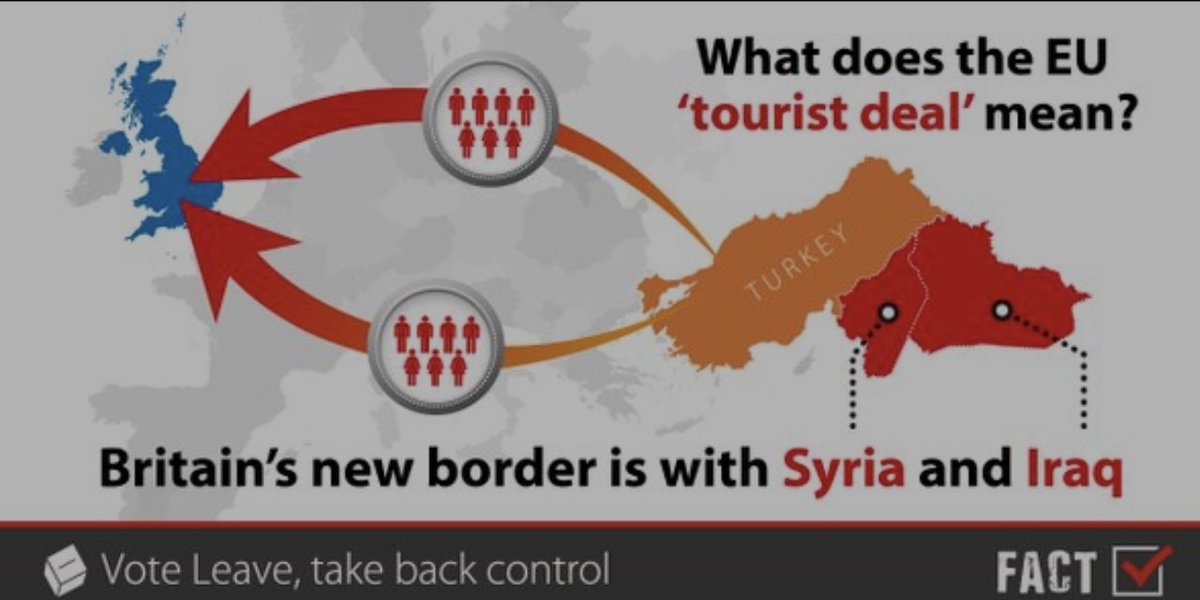
Leaving aside Farage's absurd comments, the law does not provide for exemptions for countries unless they have a free movement deal with the EU, besides three microstates. 1/
https://twitter.com/goodclimate/status/1422840538911358980
2/ Here's the text of the exceptions. But hey, why don't I just cosplay as an Express journalist and make the law up?
"There's an exemption for Brits who jump naked into the EU wine lake, chanting their allegiance to von der Leyen."
"There's an exemption for Brits who jump naked into the EU wine lake, chanting their allegiance to von der Leyen."

Economists may have the stats on how much those Member States' economies are actually "dependent" on UK tourism. But do we seriously think many people who can afford a foreign holiday will be put off by an extra €7 every three years?
Here's how many of the UK's MEPs voted on the EU travel authorisation law (there were other UK MEPs not mentioned here, ie SNP, LibDem, PC and NI parties)
https://twitter.com/dorufrantescu/status/1422997592938590214?s=19
And here's a record of the UK (like Ireland and Denmark) not voting on the proposal, due to its opt outs 

• • •
Missing some Tweet in this thread? You can try to
force a refresh











